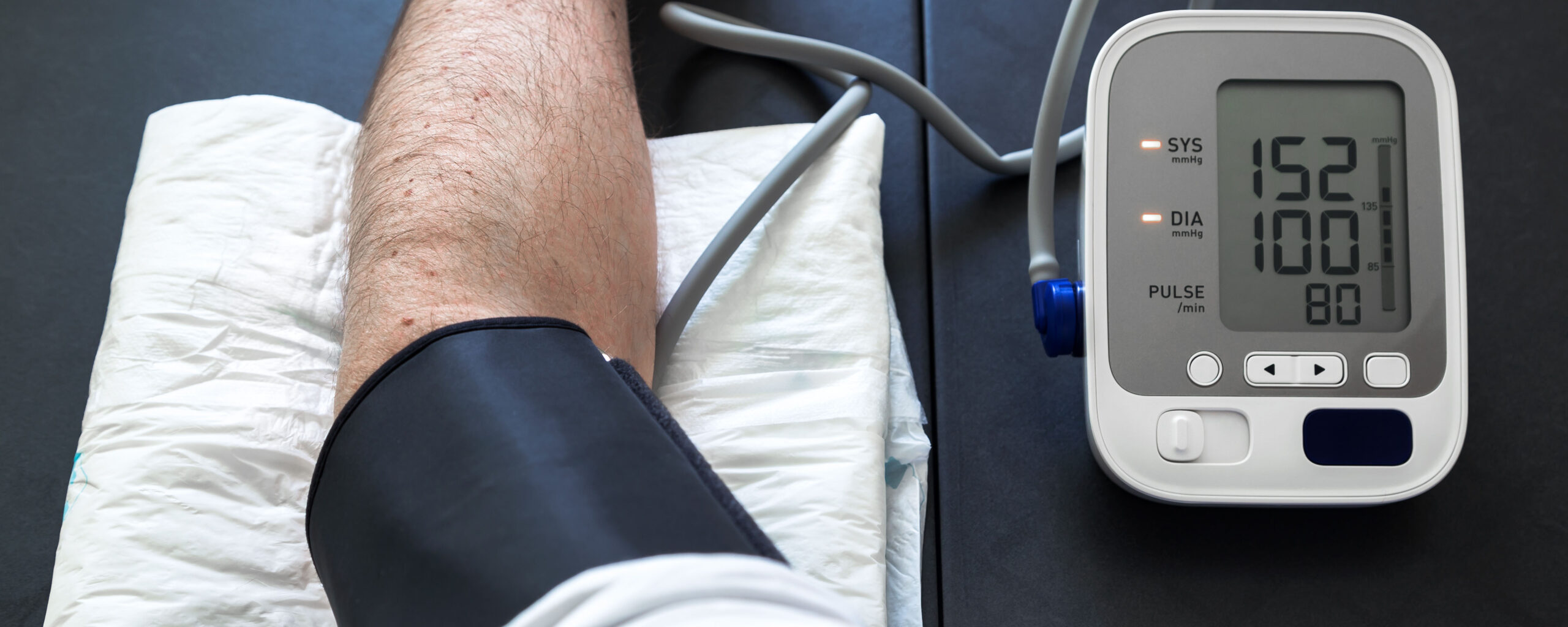The dissemination of misinformation and disinformation in politics has been around for as long as democracy. But the weaponizing of it, its viral proliferation, and the manipulation of the voting climate during the U.S. and European election seasons are compelling a more urgent focus on the issue on both sides of the Atlantic.
Similarly, as incidents of terrorism and hate crimes spread across the United States and Europe, digital platforms, governments, and civil society are all grappling with how to address abuse of the internet from hate speech and violent extremism without chilling freedom of expression.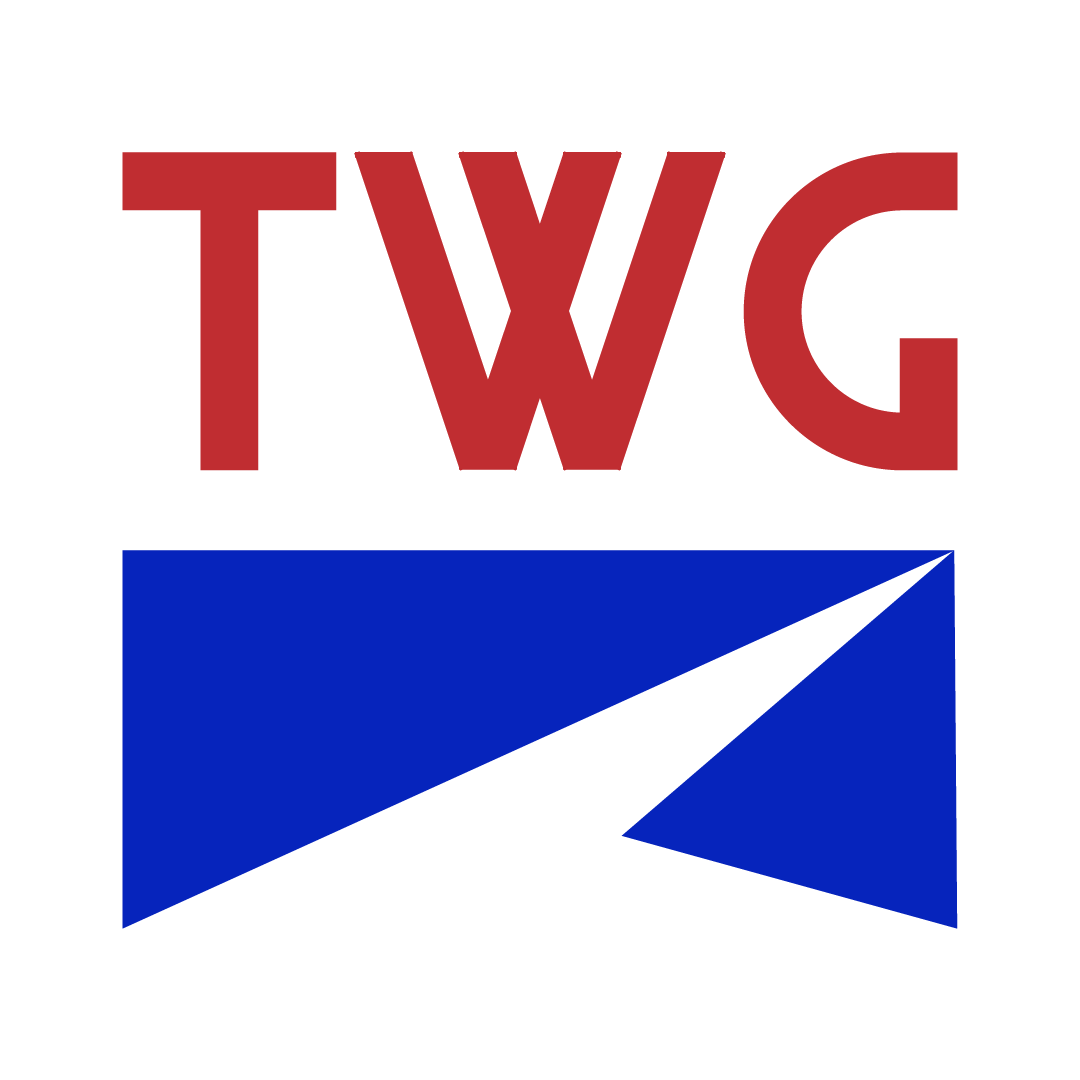
Recognizing this as a transatlantic problem, today leaders on both sides of the Atlantic announced formation of the Transatlantic High Level Working Group on Content Moderation Online and Freedom of Expression. The group brings together more than two dozen leaders in politics, academia, business, technology and civil society to examine existing and proposed policies and identify best practices in reducing hate speech, violent extremism, and viral deception online while protecting free speech and a vibrant global internet.
The Transatlantic Working Group, or TWG, is a project of the Annenberg Public Policy Center (APPC) of the University of Pennsylvania, in partnership with The Annenberg Foundation Trust at Sunnylands, in Rancho Mirage, Calif., and the Institute for Information Law (IViR), which is affiliated with the Faculty of Law of the University of Amsterdam. In addition, the Embassy of the Kingdom of the Netherlands in Washington, D.C., has approved a grant in support of the research and public outreach of the TWG, as part of the Dutch government’s commitment to advancing freedom of expression, a fundamental human right that is essential to democracy.
Meeting at Ditchley Park this week; initial recommendations to follow
After its initial meeting this weekend (February 28-March 3, 2019) at Ditchley Park, the historic U.K. estate, the TWG plans to release the first in a series of recommendations. Subsequently, the TWG will hold roundtable discussions in Warsaw and Brussels, followed by an additional session in California in May.
“We seek to reduce the amount of hate speech, terrorist content, and viral deception online – but without impairing freedom of expression, which is the underpinning of democracy,” said TWG Director Susan Ness, a distinguished fellow of the Annenberg Public Policy Center and a former member of the Federal Communications Commission. “Direct or indirect government regulation of online content can have global repercussions. Some authoritarian regimes may cite Western government rules to justify blocking online content that reports corruption or abuse, labeling such posts ‘terrorism’ or ‘fake news.’ ”
The group aims to transform the conversation from an insular Europe-only or U.S.-only debate into a transatlantic, values-based discussion.
“Both Europe and the United States have a strong tradition of protecting freedom of speech based on common principles,” said Nico van Eijk, director of IViR, the transatlantic group’s lead European partner. “Often the same information providers and platforms are active on both sides of the Atlantic. Therefore, a transatlantic approach is obvious and has great added value.”
Examining how government has regulated online content
The group will scrutinize ways in which governments have intervened to regulate content online. These include the German NetzDG law banning hate speech online; a recent French law empowering judges to order removal of “fake news” during election campaigns; and proposals in the United States to revisit the “safe harbor” liability protection for platforms that upload user-generated content.
“This project is a natural extension, on a national and international level, of our work to improve the climate of discourse,” said Kathleen Hall Jamieson, director of the Annenberg Public Policy Center and co-founder of its fact-checking project, FactCheck.org.
For more detailed background on the Transatlantic Working Group click here.
Members of the Transatlantic Working Group
The members of TWG are (click here for their biographies):
- Michael J. Abramowitz, President, Freedom House
- *Barbora Bukovská, Director of Law and Policy, Article 19
- *Peter Chase, Senior Fellow, German Marshall Fund (Brussels)
- *Michael Chertoff, former Secretary, U.S. Department of Homeland Security
- Damian Collins, Member of Parliament, United Kingdom; Digital, Culture, Media and Sports Committee Chair
- Harlem Désir, OSCE Representative on Freedom of the Media; former French Minister of State for Europe Affairs; former Member of European Parliament
- Ambassador Eileen Donahoe, former U.S. Ambassador, U.N. Human Rights Council; Executive Director, Stanford Global Digital Policy Incubator
- Michal Feix, Senior Advisor to the Board of Directors and former CEO, Seznam.cz
- *Camille François, Chief Innovation Officer, Graphika; Affiliate, Harvard’s Berkman Klein Center for Internet & Society; Mozilla Fellow
- John Frank, VP & Head of European Union office, Microsoft
- *Brittan Heller, Founder, Center for Digital Civil Rights; Tech and Human Rights Fellow, Carr Center for Human Rights, Harvard University
- President Toomas Ilves, former President of Estonia; Stanford Cyber Initiative Fellow
- Professor Jeff Jarvis, Professor & Director, Tow-Knight Center for Entrepreneurial Journalism, City University of New York
- Professor David Kaye, U.N. Special Rapporteur for Human Rights and Freedom of Expression
- Benoît Loutrel, Advisor to French government on social media regulation; former Director General of ARCEP
- Nicklas Berild Lundblad, PhD, Vice President, Public Policy & Government Relations, Europe, Middle East & Africa, Google
- Katherine Maher, Executive Director, Wikimedia Foundation
- Erika Mann, former Member of European Parliament (Germany); Covington & Burling advisor; former Managing Director, Facebook’s Brussels office
- Nuala O’Connor, President & CEO, Center for Democracy & Technology
- *Peter Pomerantsev, Co-Director, Arena, London School of Economics
- Laura Rosenberger, Director, Alliance for Securing Democracy; Senior Fellow, German Marshall Fund
- Marietje Schaake, Member of European Parliament (Netherlands)
- Abigail Slater, Special Assistant to the President for Tech, Telecom & Cyber Policy, White House National Economic Council
- *Professor Heidi Tworek, Assistant Professor, University of British Columbia
- *Professor Joris van Hoboken, Professor of Law, Vrije Universiteit Brussels
* Steering Group
This post was updated April 10, 2019.
To download this news release click here.
Supporting institutions
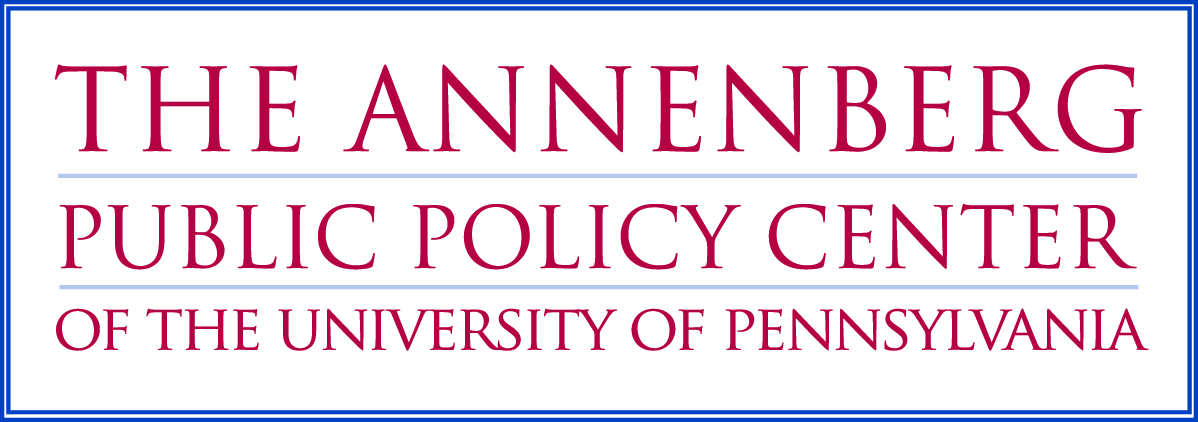 The Annenberg Public Policy Center of the University of Pennsylvania (APPC), which was founded in 1993, addresses the role of communication in politics, civics, science, and adolescent health.
The Annenberg Public Policy Center of the University of Pennsylvania (APPC), which was founded in 1993, addresses the role of communication in politics, civics, science, and adolescent health.
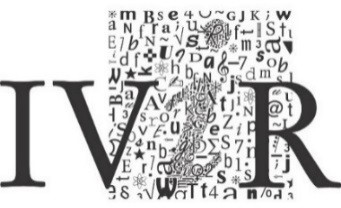 The Institute for Information Law (IViR), officially established in 1989, is one of the largest research centers in the field of information law in the world and is affiliated with the Faculty of Law of the University of Amsterdam.
The Institute for Information Law (IViR), officially established in 1989, is one of the largest research centers in the field of information law in the world and is affiliated with the Faculty of Law of the University of Amsterdam.
 The Annenberg Foundation Trust at Sunnylands operates The Annenberg Retreat at Sunnylands, which hosts meetings in Rancho Mirage, Calif., and elsewhere for leaders to address serious issues facing the nation and the world.
The Annenberg Foundation Trust at Sunnylands operates The Annenberg Retreat at Sunnylands, which hosts meetings in Rancho Mirage, Calif., and elsewhere for leaders to address serious issues facing the nation and the world.
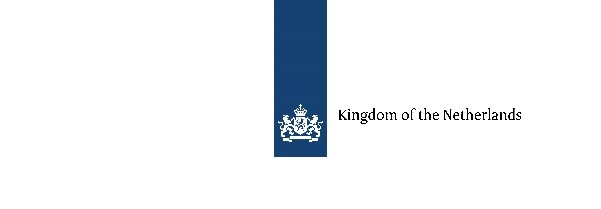 The Embassy of the Kingdom of the Netherlands has approved a grant in support of the TWG, as part of the Dutch government’s commitment to advancing freedom of expression, a fundamental human right that is essential to democracy.
The Embassy of the Kingdom of the Netherlands has approved a grant in support of the TWG, as part of the Dutch government’s commitment to advancing freedom of expression, a fundamental human right that is essential to democracy.

